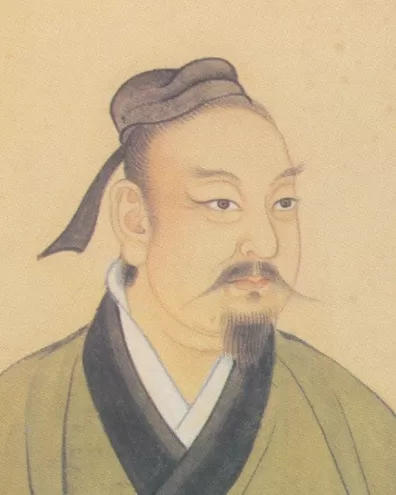
Wu Qi (? - 381 BC), a native of Zuoshi, Wei (with modern locations debated as being either west of Dingtao District, Heze City, Shandong Province, or northwest of Cao County, Shandong Province), was a military strategist, politician, and reformer in the early Warring States period of China. He was one of the notable figures in the field of military strategy.
In his early years, Wu Qi studied Confucianism under Zeng Shen but later abandoned it to pursue military studies. Initially serving in Lu, he was entrusted with commanding the Lu army to defeat the Qi army. He then went to Wei, where he was highly valued by Duke Wen of Wei. Wu Qi led the Wei army to repeatedly defeat Qin, occupying the regions west of the Yellow River and serving as the first governor of Xihe Prefecture. During this time, he reformed the military system, established the elite Wei Wu Zu soldiers, and "fought seventy-six major battles against the vassal states, winning sixty-four outright." Due to suspicions from Duke Wu of Wei, he switched his allegiance to Chu, first serving as the governor of Wan, and a year later being appointed as the Prime Minister by King Dao of Chu. He implemented reforms to strike and restrict the power of the old aristocracy and strengthen the military. Through drastic reforms, he successfully enhanced Chu's national strength in a short period, resulting in Chu achieving a period of great prosperity, including "pacifying the Baiyue in the south, annexing Chen and Cai in the north, repelling the states of Han, Zhao, and Wei, and invading Qin in the west," and even defeating Wei so decisively that "their horses drank from the Yellow River." In the twenty-first year of King Dao of Chu (381 BC), after the king's death, Wu Qi, who had offended the conservative aristocracy due to his radical reforms, was brutally killed.
Wu Qi served in Lu, Wei, and Chu, and was proficient in the philosophies of military strategy, legalism, and Confucianism. He achieved remarkable accomplishments in both domestic politics and military affairs, and was known alongside Sun Wu as "Sun and Wu." During the reign of Emperor Suzong of Tang, he was recognized as one of the Ten Sages in the Martial Temple. In the reign of Emperor Huizong of Song, he was posthumously honored with the title of Guangzongbo. His book Wu Zi (disputed as a forgery by later generations) occupies an important position among ancient Chinese military classics.
Provides The Most Comprehensive English Versions Of Chinese Classical Novels And Classic Books Online Reading.
Copyright © 2025 Chinese-Novels.com All Rights Reserved
